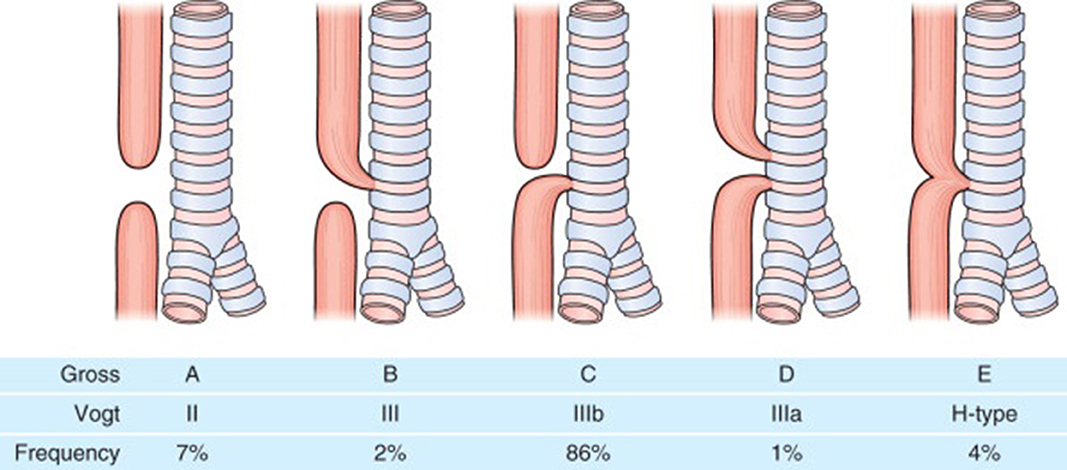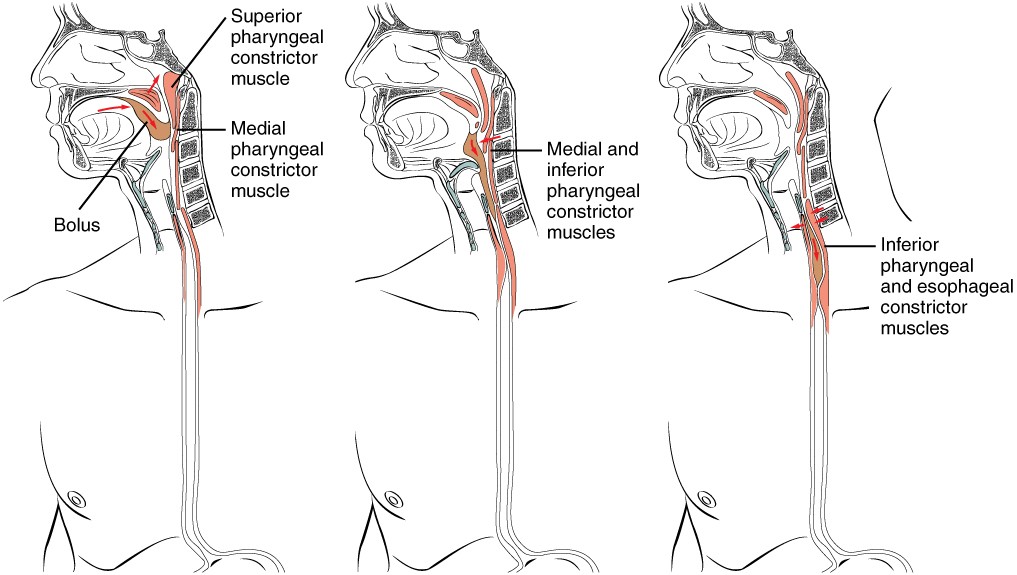Esophagitis, commonly abbreviated as EoE in medical literature, refers to the inflammation or irritation of the esophagus. This condition can cause significant discomfort and disrupt daily life if left untreated. Understanding its causes, symptoms, and treatment options is essential for managing this health issue effectively. In this article, we will explore everything you need to know about inflammation of the esophagus.

What is Inflammation of the Esophagus?
The esophagus is a muscular tube that connects the throat to the stomach, allowing food and liquids to pass through during swallowing. When the lining of this tube becomes inflamed, it leads to a condition known as inflammation of the esophagus. This inflammation can result from various factors, including infections, allergies, acid reflux, or exposure to irritants.
Inflammation can damage the tissues of the esophagus, leading to pain, difficulty swallowing, and other complications. If not addressed promptly, it may progress to more severe conditions such as ulcers, strictures, or even Barrett’s esophagus, a precancerous condition.
Common Causes of Inflammation of the Esophagus
Several factors can contribute to the development of inflammation in the esophagus. Below are some of the most common causes:
Acid Reflux
- One of the leading causes of inflammation is acid reflux, also known as gastroesophageal reflux disease. Acid reflux occurs when stomach acid flows back into the esophagus, irritating its lining.
- Over time, repeated exposure to stomach acid can lead to chronic inflammation and damage to the esophageal tissues.
Infections
- Bacterial, viral, or fungal infections can also cause inflammation of the esophagus. For example, individuals with weakened immune systems, such as those with HIV/AIDS or undergoing chemotherapy, are at higher risk of developing infectious esophagitis.
- Common pathogens include Candida albicans, herpes simplex virus, and cytomegalovirus.
Allergic Reactions
- Eosinophilic esophagitis is a type of inflammation caused by an allergic reaction. It occurs when eosinophils, a type of white blood cell, accumulate in the esophagus in response to allergens such as food or environmental triggers.
- This condition is often seen in individuals with a history of allergies, asthma, or eczema.
Medications
- Certain medications, such as nonsteroidal anti-inflammatory drugs, antibiotics, and potassium chloride supplements, can irritate the esophagus if not taken with sufficient water or if they become lodged in the esophagus.
- Prolonged use of these medications can lead to inflammation and ulceration.
Physical Injury
- Swallowing sharp objects, consuming extremely hot or cold foods, or undergoing medical procedures such as endoscopy can physically injure the esophagus, leading to inflammation.
Symptoms of Inflammation of the Esophagus
The symptoms of inflammation of the esophagus can vary depending on the underlying cause and severity of the condition. Some individuals may experience mild discomfort, while others may face debilitating symptoms. Common signs and symptoms include:
Dysphagia
- Dysphagia, or difficulty swallowing, is one of the hallmark symptoms of esophageal inflammation. It may feel like food is getting stuck in the throat or chest.
Chest Pain
- Chest pain, often mistaken for heart-related issues, can occur due to irritation of the esophageal lining. The pain may worsen when eating or lying down.
Heartburn
- Heartburn, characterized by a burning sensation in the chest, is a common symptom associated with acid reflux-induced inflammation.
Regurgitation
- Regurgitation, or the backflow of food or liquid from the stomach into the mouth, can occur in individuals with severe inflammation.
Nausea and Vomiting
- Inflammation of the esophagus can sometimes lead to nausea and vomiting, especially if the condition is caused by an infection or medication irritation.
Weight Loss
- Chronic inflammation and difficulty swallowing may lead to unintentional weight loss due to reduced food intake.
Diagnosis of Inflammation of the Esophagus
To diagnose inflammation of the esophagus, healthcare providers typically rely on a combination of patient history, physical examination, and diagnostic tests. These tests help identify the underlying cause and determine the severity of the condition.
Endoscopy
- An endoscopy involves inserting a thin, flexible tube with a camera into the esophagus to visually inspect the lining for signs of inflammation, ulcers, or other abnormalities.
- During the procedure, tissue samples may be collected for biopsy to confirm the diagnosis.
Barium Swallow Test
- A barium swallow test uses X-rays and a contrast material called barium to examine the structure and function of the esophagus. This test can reveal narrowing, blockages, or irregularities in the esophageal lining.
pH Monitoring
- pH monitoring measures the amount of acid in the esophagus over a 24-hour period. This test is particularly useful for diagnosing acid reflux-related inflammation.
Allergy Testing
- For individuals suspected of having eosinophilic esophagitis, allergy testing may be performed to identify potential food or environmental triggers.
Treatment Options for Inflammation of the Esophagus
Treatment for inflammation of the esophagus depends on the underlying cause and severity of the condition. The primary goals of treatment are to reduce inflammation, alleviate symptoms, and prevent complications. Below are some common treatment approaches:
Lifestyle Modifications
- Dietary Changes: Avoiding trigger foods such as spicy, acidic, or fatty foods can help reduce symptoms. Eating smaller, more frequent meals and avoiding lying down immediately after eating may also be beneficial.
- Weight Management: Losing excess weight can reduce pressure on the stomach and lower the risk of acid reflux.
- Smoking Cessation: Quitting smoking can improve overall esophageal health and reduce inflammation.
Medications
- Proton Pump Inhibitors: These medications reduce stomach acid production and are often prescribed for acid reflux-related inflammation.
- H2 Blockers: Similar to proton pump inhibitors, H2 blockers decrease acid production and provide relief from symptoms.
- Antibiotics or Antifungals: If the inflammation is caused by an infection, appropriate medications may be prescribed to treat the underlying pathogen.
- Corticosteroids: For eosinophilic esophagitis, topical corticosteroids may be used to reduce inflammation and alleviate symptoms.
Surgical Interventions
- In severe cases where medications and lifestyle changes are ineffective, surgical interventions may be necessary. For example, a procedure called fundoplication can strengthen the lower esophageal sphincter to prevent acid reflux.
Alternative Therapies
- Some individuals may benefit from complementary therapies such as acupuncture, herbal remedies, or relaxation techniques to manage symptoms and improve overall well-being.
Preventing Inflammation of the Esophagus
While not all cases of inflammation of the esophagus can be prevented, certain measures can reduce the risk of developing this condition:
- Avoid excessive alcohol consumption and smoking, as these habits can irritate the esophagus.
- Take medications with plenty of water and avoid lying down immediately after taking them.
- Maintain a healthy diet and avoid overeating or consuming trigger foods.
- Elevate the head of your bed to prevent nighttime acid reflux.
By adopting these preventive strategies, individuals can minimize their risk of developing inflammation of the esophagus and maintain better digestive health.





